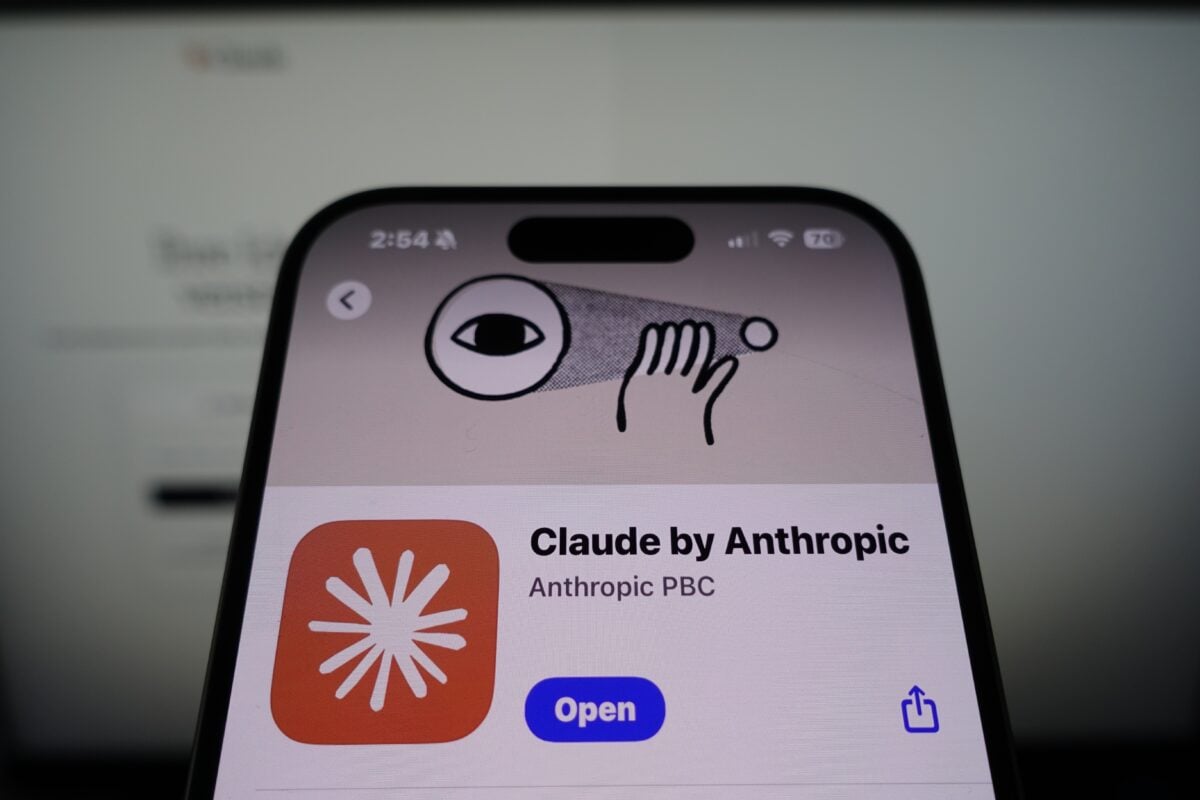TLDRs;
- Anthropic now retains Claude chats for up to five years unless users actively opt out of data sharing.
- The update affects consumer accounts, with new consent prompts defaulting to data sharing enabled.
- Legal pressures and lawsuits across the AI sector are influencing company data policies.
- Experts warn the policy risks eroding user trust amid heightened privacy concerns.
Anthropic, the AI startup behind Claude, is expanding how long it retains consumer chat data, drawing both interest and concern from users and privacy experts.
The company confirmed that starting September 28, conversations across Claude Free, Pro, Max, and Claude Code accounts will be stored for up to five years, unless users explicitly opt out.
Previously, Anthropic deleted conversations within 30 days unless flagged for policy violations. The new policy marks a sharp departure from that standard, placing the company in the middle of a growing debate on data privacy, model training needs, and legal compliance.
Business customers using Claude Gov, Claude for Work, Claude for Education, or API integrations remain unaffected by the policy shift.
A consent default that favors the company
The most immediate change for Claude users is a redesigned consent prompt. By default, data sharing is enabled, meaning conversations can be used to train and refine Anthropic’s models. Those who prefer not to share must actively opt out.
Anthropic framed the update as necessary for “improving model safety and performance,” but the automatic inclusion has raised questions about how informed and voluntary user consent really is.
Privacy specialists argue that defaults strongly influence behavior, with most users unlikely to alter settings even if they have concerns.
Legal and regulatory headwinds
Industry analysts suggest the timing of Anthropic’s decision is not coincidental. OpenAI, one of its key rivals, is currently facing lawsuits from The New York Times and other publishers, which have resulted in court-ordered retention of ChatGPT conversations.
The legal environment increasingly pressures AI companies to keep records longer than originally planned, in case data is needed for litigation.
By shifting to a five-year retention period, Anthropic may be aligning its policies with evolving regulatory and legal realities. Still, this pivot intensifies a fundamental conflict, that companies must safeguard user trust while also preparing for courtroom battles and competitive AI development.
Trust gap widens between users and AI companies
While companies like Anthropic insist that expanded data access will lead to safer, smarter AI, user trust remains fragile. Research indicates that more than 70% of consumers hesitate to use AI products if their privacy feels compromised. For many, the new retention rule reads less like a safety measure and more like a grab for training data.
This tension reflects broader industry dynamics. Competitors such as OpenAI and Google rely heavily on conversational data to improve their systems, and Anthropic cannot afford to lag behind. Framing longer storage as a user benefit may soften perceptions, but it doesn’t erase skepticism.
Broader policy shifts reinforce caution
The storage expansion follows other recent policy adjustments at Anthropic. Earlier this month, the company tightened restrictions on how Claude can be used, banning applications involving weapons development, hacking tools, and political manipulation.
These moves underline how AI companies are continuously recalibrating their policies in response to safety concerns, geopolitical pressures, and public trust issues.
Taken together, the changes highlight a new era in AI governance, one where transparency, legal pressure, and consumer trust collide. Whether Anthropic’s gamble to retain more data will strengthen Claude’s capabilities or weaken public confidence remains to be seen.







